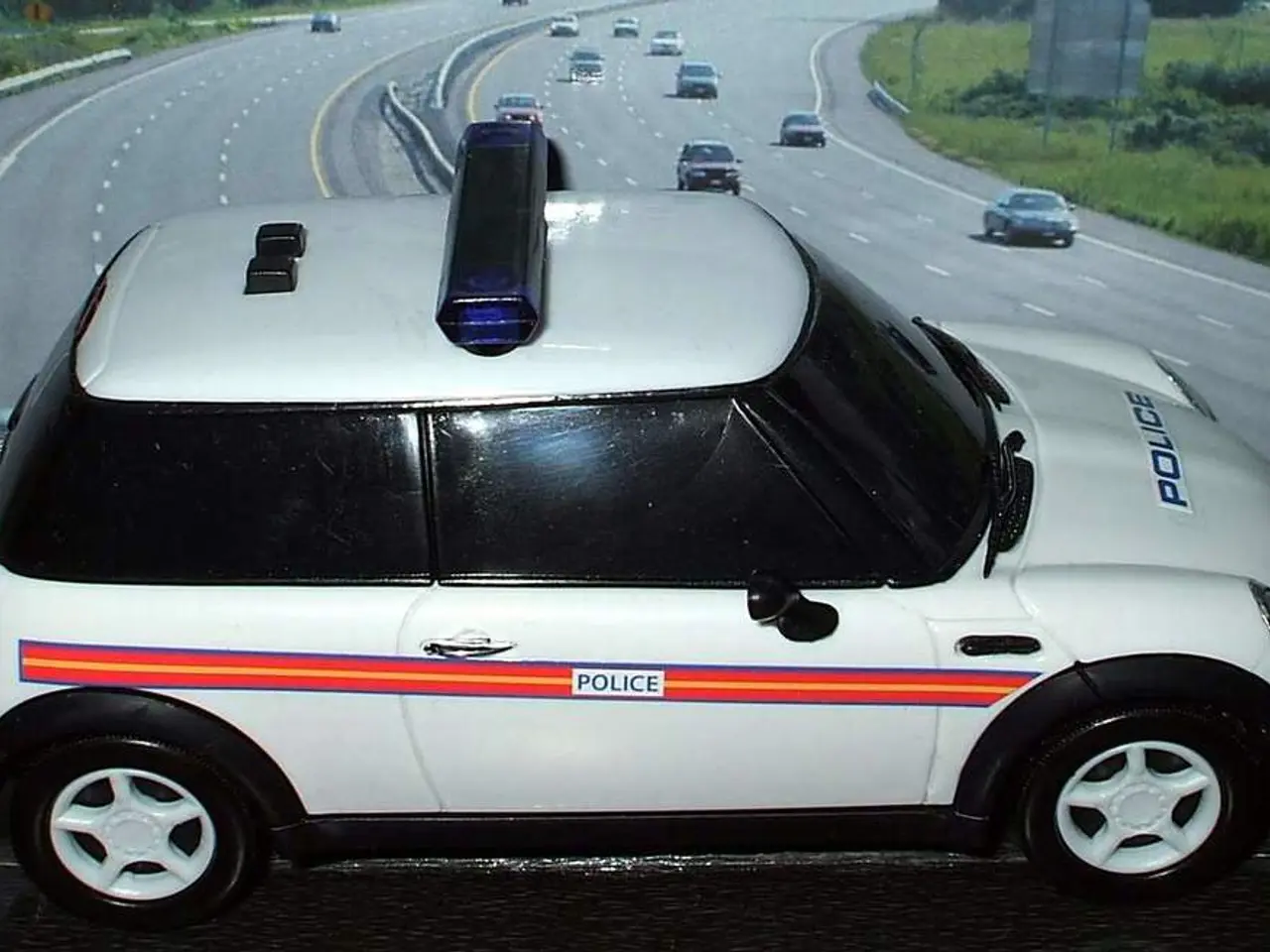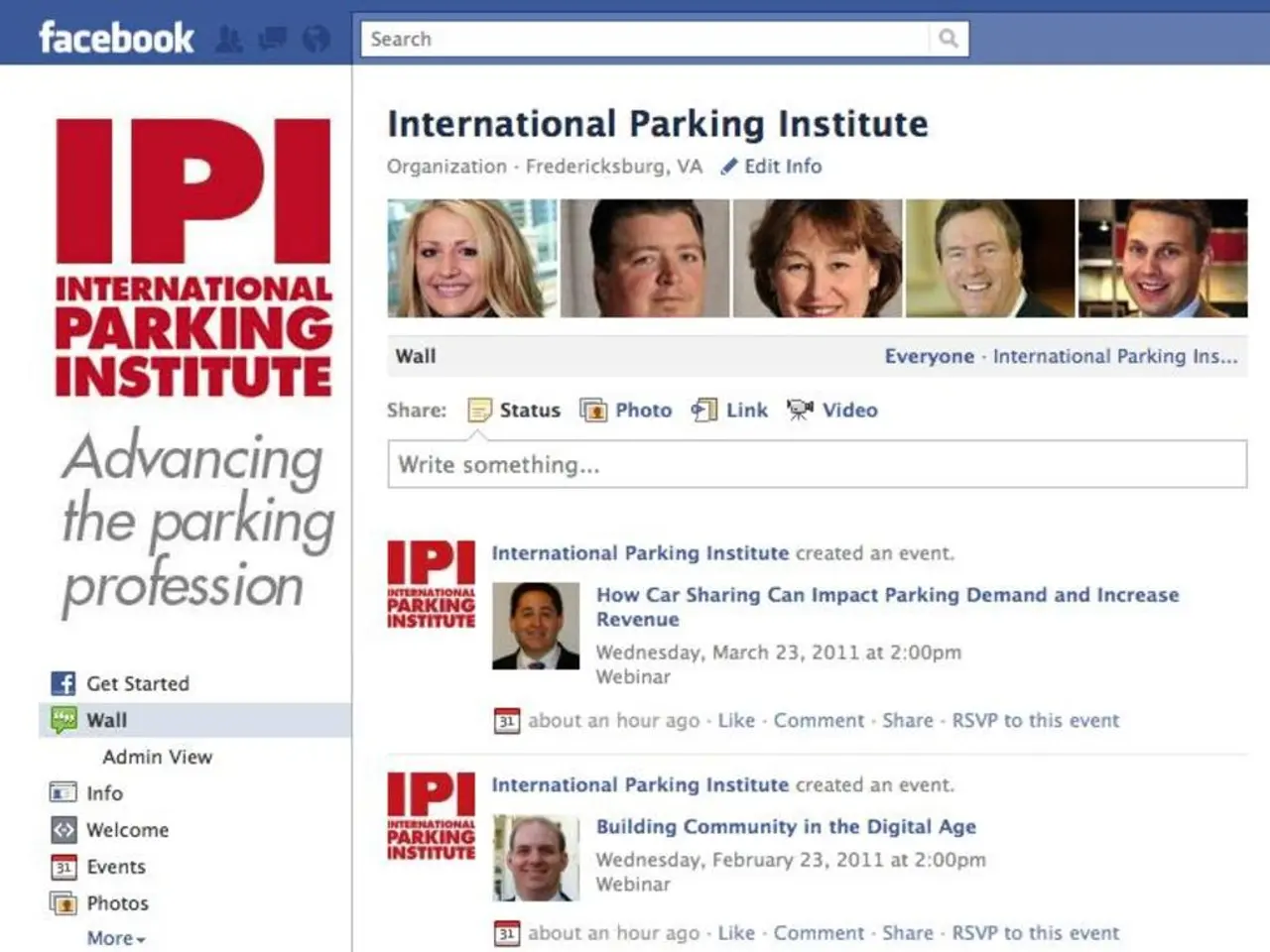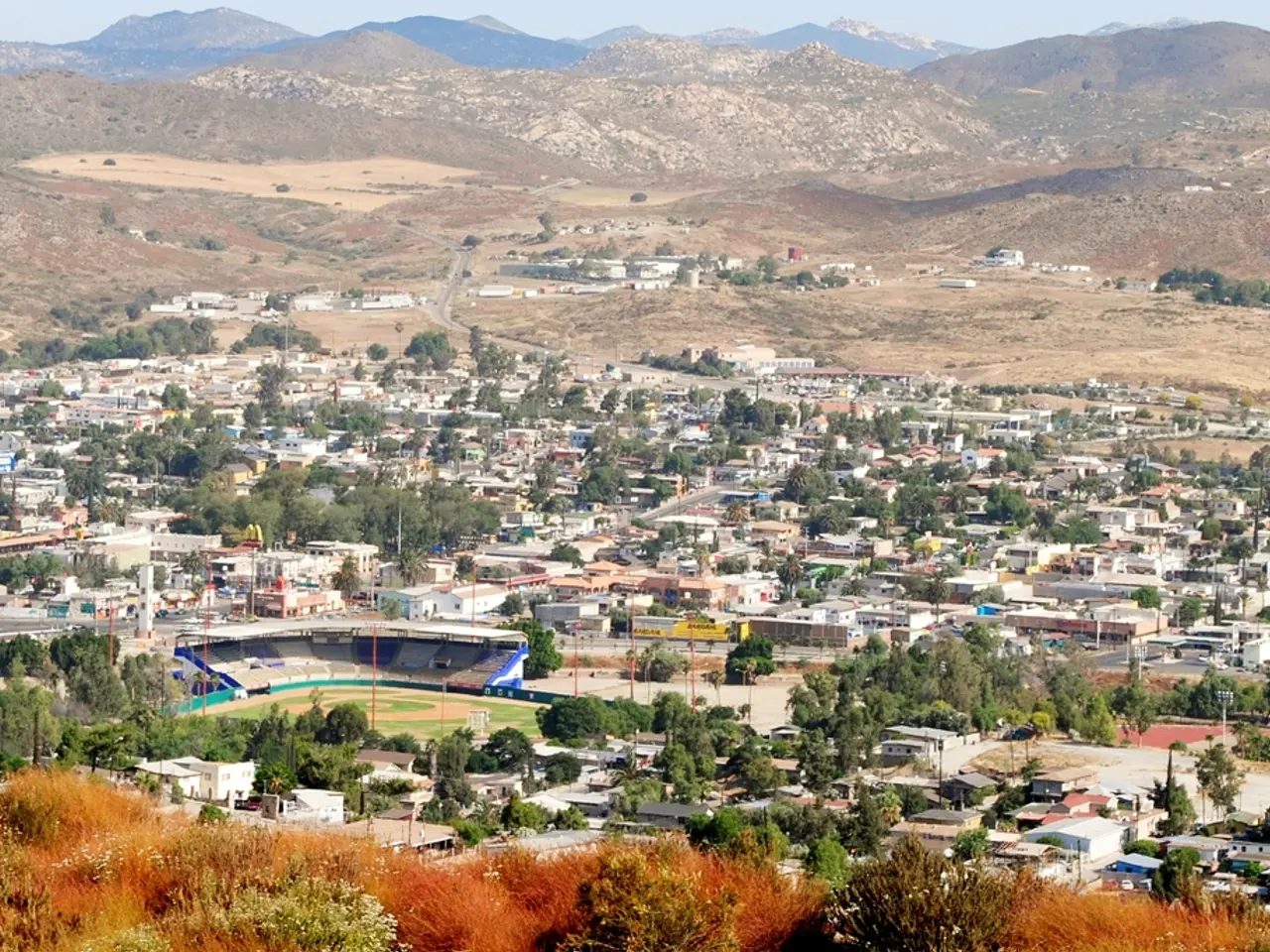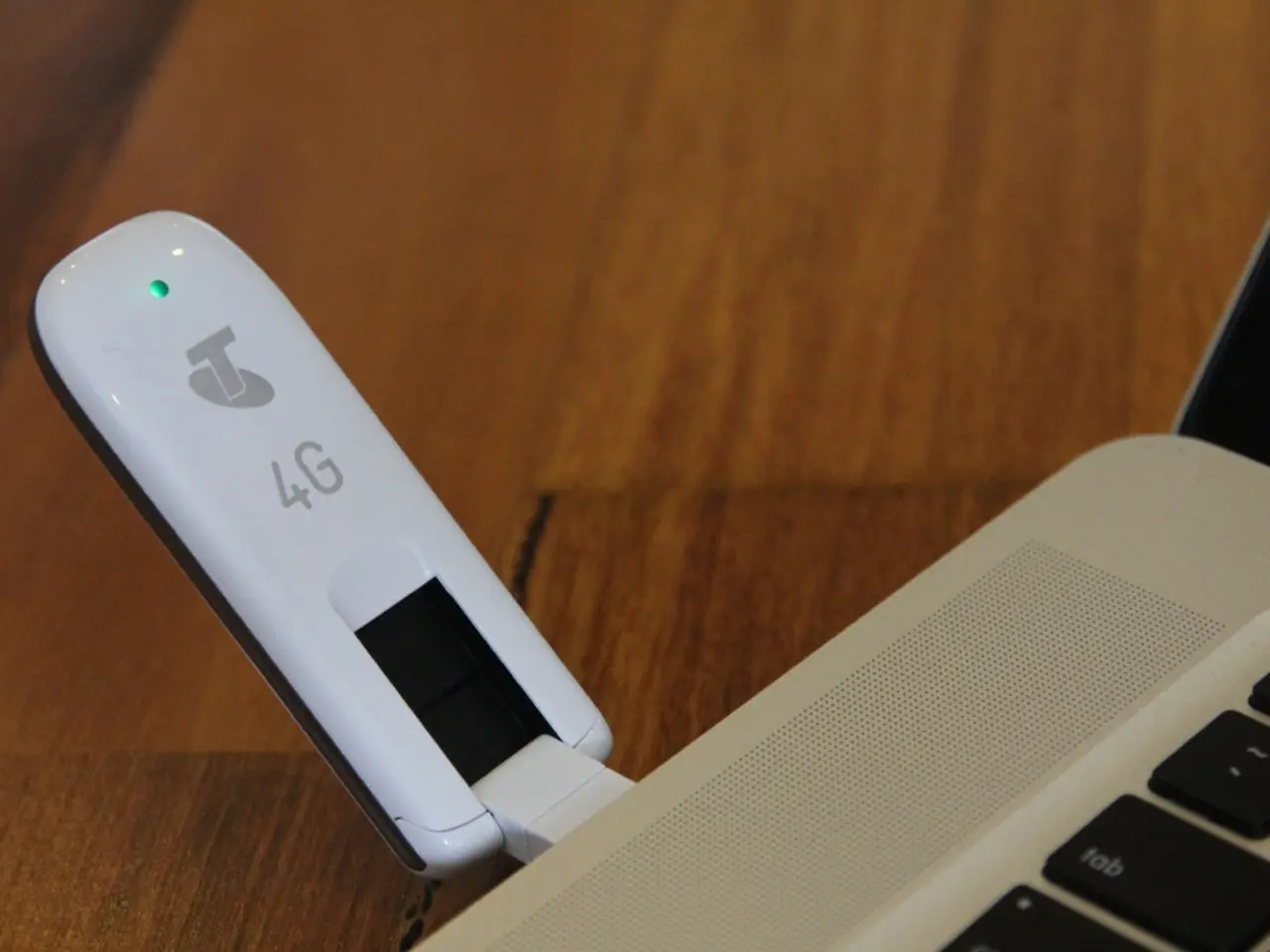Expanded federal law enforcement measures in Washington D.C. due to surging crime levels, with Trump hinting at mobilizing the National Guard
Following a recent assault incident in Washington, D.C., there has been an increased federal law enforcement presence deployed to the city, directed by President Donald Trump. The goal is to combat crime and enhance public safety.
Operational Details
The federal law enforcement increase began the night of August 8, 2025, with a planned initial duration of one week, subject to extension if needed. The operation is led by the U.S. Park Police and involves 15 different federal and local agencies, including the Metro Transit Police, Amtrak Police, U.S. Capitol Police, FBI, DEA, ATF, Homeland Security Investigations, Marshals Service, and D.C. Metro Police Department, among others. The increased patrolling is part of the "Making D.C. Safe and Beautiful Task Force’s Law Enforcement Working Group." Specific patrol locations have not been disclosed.
Impact on Crime Rate
The federal deployment comes after an assault on Edward Coristine, who was beaten trying to intervene in a carjacking. However, local officials highlight that the assault was addressed by existing local police quickly, indicating no immediate necessity for federal takeover. Notably, data prior to this intervention showed that Washington, D.C., had achieved its lowest violent crime rate in 30 years in 2024, suggesting crime had been decreasing before this federal involvement. The full impact of the federal presence on the city's crime rate remains to be seen as the operation is ongoing.
Response from Local Authorities
D.C. Congressional Delegate Eleanor Holmes Norton criticized the federal deployment as a disproportionate and offensive overreaction, pointing out that local law enforcement had already managed the initial assault effectively. Norton and Senator Chris Van Hollen plan to reintroduce legislation aimed at reversing the president’s authority to federalize the Metropolitan Police Department and to return control of the D.C. National Guard to the mayor. Concerns were raised that the move could increase tensions and potentially reduce safety, contrasting with the recent progress in lowering crime rates.
In summary, the increased federal law enforcement deployment in Washington, D.C., is a short-term, multi-agency operation responding to violent incidents, with intentions stated to improve public safety and urban conditions, but it faces criticism from local authorities who question its necessity and potential consequences.
- The operation, led by the U.S. Park Police and multiple federal and local agencies, targets war-and-conflicts and crime-and-justice, specifically aiming to combat crime and enhance public safety, evident in the current deployment following an assault in Washington, D.C.
- Amidst this increased federal law enforcement presence, ongoing policy-and-legislation discussions focus on limitations to the president's authority over local law enforcement, with D.C. Congressional Delegate Eleanor Holmes Norton and Senator Chris Van Hollen proposing legislation aimed at restricting such powers.
- Despite the low violent crime rate in Washington, D.C., as seen in the city achieving its lowest rate in 30 years in 2024, general-news headlines continue to bring attention to the controversial politics surrounding the federal law enforcement deployment and its potential impacts on the community.







